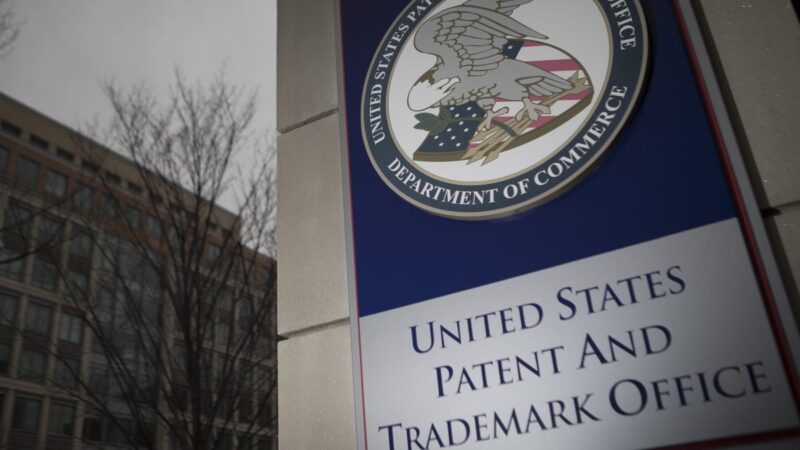Alexandre de Streel

Alexandre de Streel is academic director of the digital research programme at the Brussels think-tank Centre on Regulation in Europe (CERRE), professor of European law at the University of Namur and visiting professor at the College of Europe (Bruges) and SciencesPo Paris. Besides, he chairs the expert group on the online platform economy advising the European Commission and is a part-time judge at the Belgian Competition Authority.
His main areas of research are regulation and competition policy in the digital economy as well as the legal issues raised by the developments of artificial intelligence.
Previously, Alexandre held visiting positions at New York University Law School, European University Institute in Florence, Barcelona Graduate School of Economics and University of Louvain. He also worked for the Belgian Deputy Prime Minister, the Belgian Permanent Representation to the European Union and the European Commission.


Explainer: Standard Essential Patents and National Security
